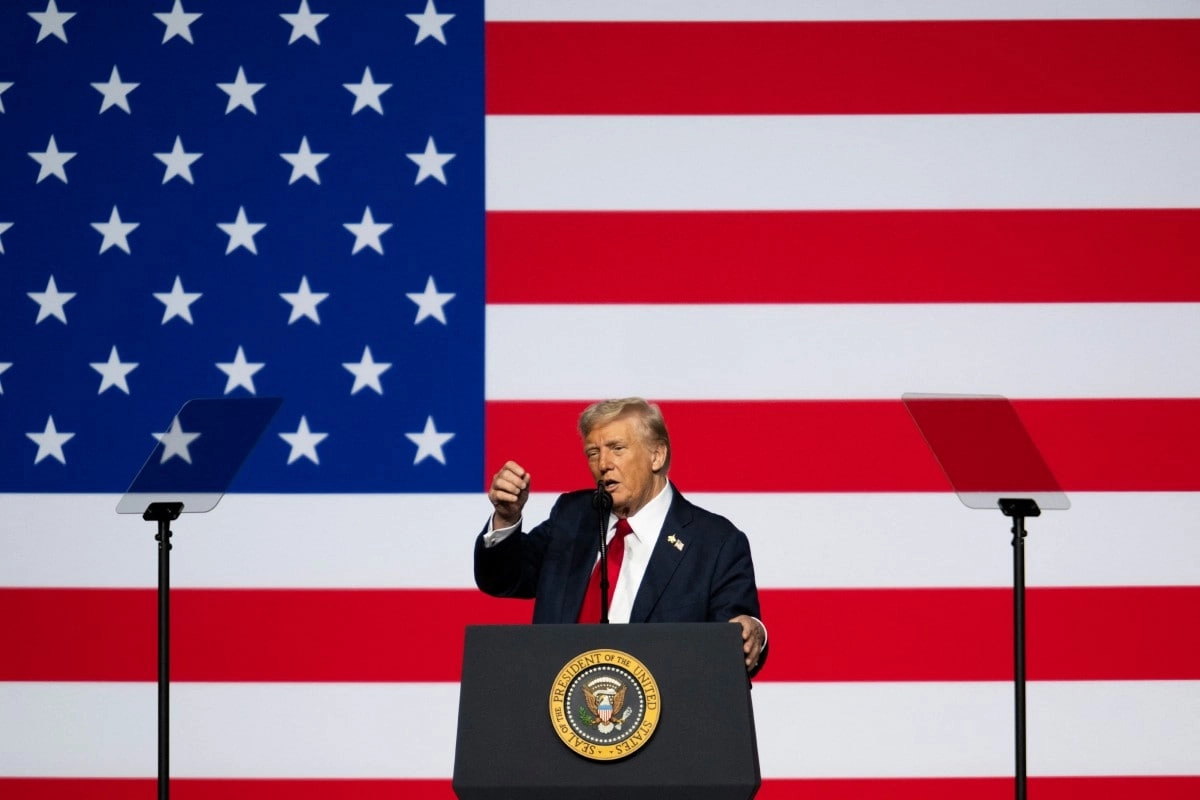In a recent statement, Jagdeep Dhankhar, the Vice President of India, has once again directed his criticism towards the judiciary, emphasizing what he perceives as a significant challenge arising from within the judicial system itself. Dhankhar’s remarks come in the context of ongoing debates regarding the independence and efficacy of judicial institutions in India. He argues that the judiciary must reflect on its practices and ensure that it acts in a manner that upholds the Constitution and serves the interests of the public. This self-reflection, according to Dhankhar, is essential for maintaining the integrity of the judiciary and restoring public confidence in its ability to deliver justice.
Dhankhar’s criticisms are rooted in a broader discourse about the balance of power among the branches of government. He contends that the judiciary, while an essential pillar of democracy, must not overstep its bounds or encroach upon the functions of the legislative and executive branches. This sentiment has resonated with various segments of society, particularly those who advocate for a more streamlined and accountable governance model. By highlighting the internal challenges faced by the judiciary, Dhankhar aims to initiate a dialogue on the need for reform and greater transparency within judicial proceedings.
Furthermore, Dhankhar’s statements reflect a growing concern over the delays and backlogs that plague the Indian judicial system. With millions of cases pending adjudication, the Vice President stresses the importance of timely justice as a fundamental right of citizens. He calls for innovative solutions to address these systemic issues, urging the judiciary to embrace technology and modern practices that can enhance efficiency and accessibility. By doing so, he believes the judiciary can better fulfill its role as a guardian of the Constitution and defender of citizens’ rights.
As these discussions continue to unfold, the relationship between the judiciary and other branches of government remains a critical area of focus. It is essential for all stakeholders to engage constructively in this dialogue, ensuring that the judiciary can operate effectively while maintaining its independence. Dhankhar’s comments serve as a reminder of the ongoing challenges within the judicial system and the need for collaborative efforts to address them, ultimately reinforcing the rule of law and the principles of justice that underpin India’s democracy.




